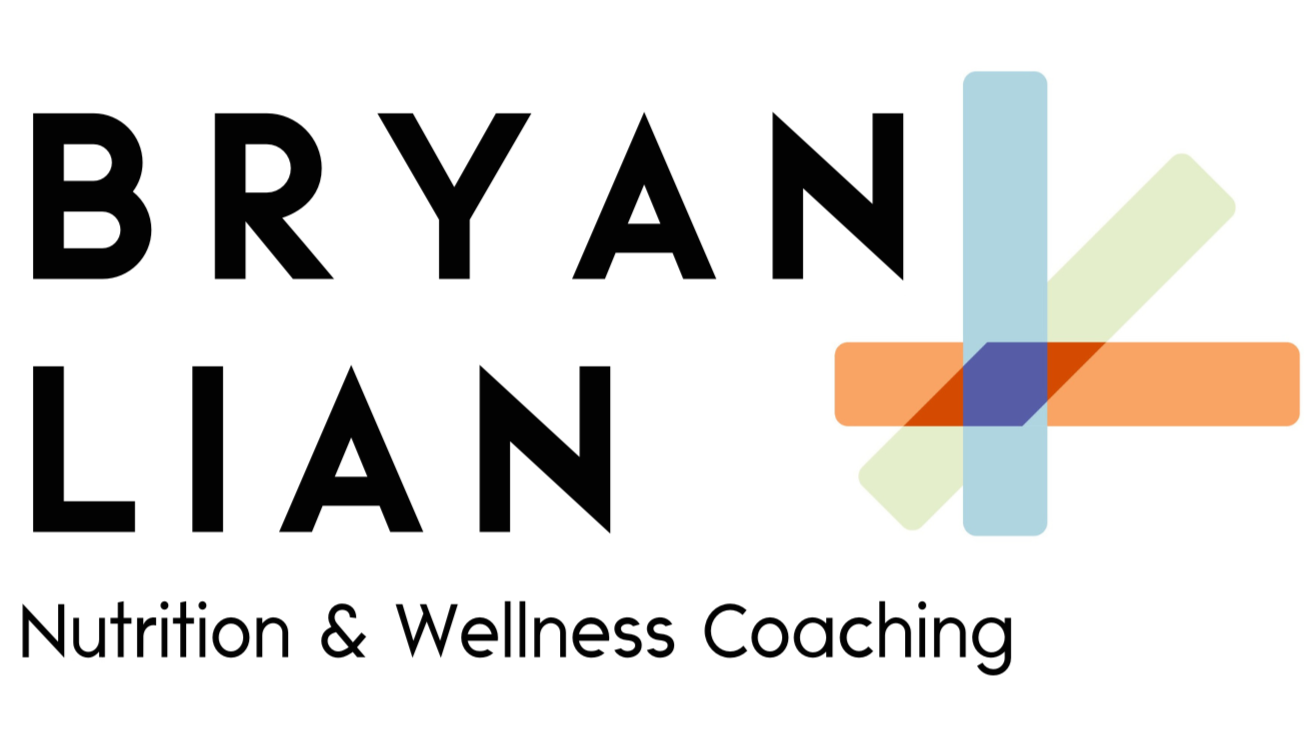Meet Alex
Searching for the Perfect Eating System… and Burning Out Along the Way
Alex is a 28-year-old Indian-American remote software engineer with ADHD. Brilliant with systems, he thrives on productivity apps, walking meetings, and podcasts. But when it comes to food, his search for the “perfect” system left him more drained than energized.
High-stakes coding projects demanded focus. Instead, Alex found himself cycling between decision fatigue, sensory overload, and exhaustion.
Alex’s Journey
From Analysis Paralysis to Predictable Energy
Alex didn’t need more complicated rules or rigid routines. What he wanted was simplicity — a reliable rhythm that supported his brain without demanding constant mental effort.
He tried ten different food apps. He logged, tracked, and tested every “productivity hack.” The more he analyzed, the more stuck he felt.
What Alex was craving most was:
A low-sensory, decision-light way of eating
Predictable energy that matched the demands of coding and problem-solving
Simple tools that freed his mind for creativity and focus
The Breakthrough
A Minimal Viable Strategy (MVS) for Energy
Instead of chasing perfection, Alex learned to design what we call a Minimal Viable Strategy (MVS) — a blueprint tailored to his brain and body.
That meant:
Predictable meal rhythms that reduced decision fatigue
Simple kitchen hacks that saved him time
Low-friction systems that freed up cognitive bandwidth
This wasn’t about strict routines. It was about creating a system that felt light, predictable, and sustainable.
What Changed for Alex
With his personalized blueprint, Alex could:
Maintain a 15-day meal rhythm streak
Set up a decision-light kitchen that felt effortless
Automate batching hacks that saved hours each week
The result? A body that fueled the brilliance of his mind — without the endless trial and error.
Note: These personas are fictional and created to represent patterns we see in our work. They are not drawn from any client’s personal health information. If parts of these stories feel familiar, please know it’s coincidence, not intention.



